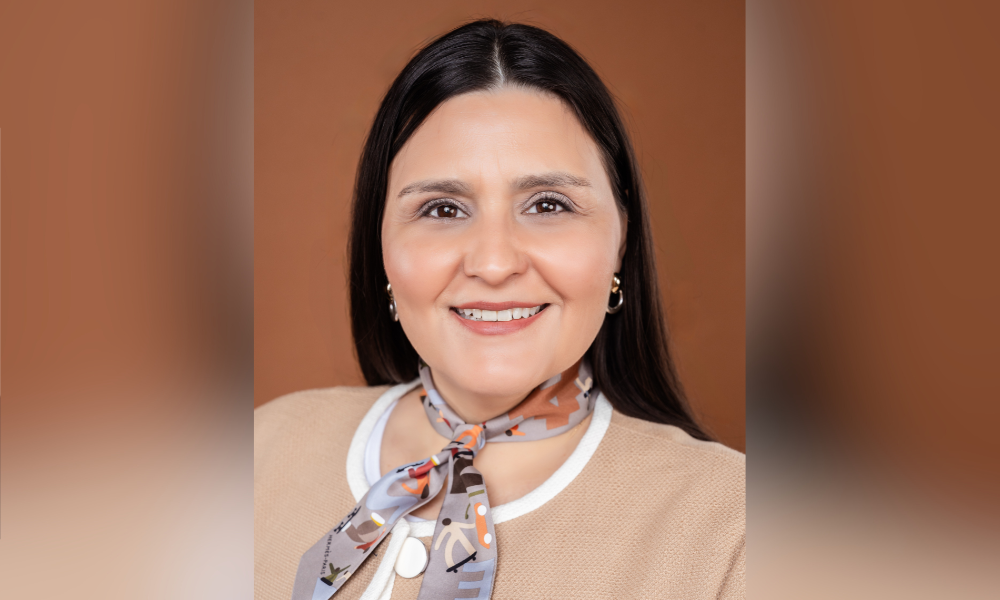Going through different immigration laws – not to mention the procedures in transacting with government agencies – can make the life of a foreign national more difficult. To help them through these processes and provide solutions for their PR problems, immigrants can consult a lawyer for permanent residence.
What is a lawyer for permanent residency (PR) in Canada?
A lawyer for permanent residency in Canada is typically consulted or hired by an immigrant or foreign national who wants to move to Canada through any of the Canadian immigration programs. They may also be hired by the immigrant’s Canadian family, spouse, or employer to take care of the PR application.
Discover the different ways of moving to Canada from South Africa, how to apply and the eligibilities under each process.
Getting it right the first time is the goal for both the applicant and the lawyer for permanent residency. This is to prevent any complications that may result in the denial of Canadian PR status, or even the immigrant’s citizenship application in the future.
Canadian lawyers for permanent residency are knowledgeable on the immigration laws and regulations of Canada, which provides for the different methods of acquiring PR status. They can also effectively inform clients on their rights as a permanent resident, which comes together with their obligations as a Canadian PR.
Canadian immigrations laws and regulations
A lawyer for permanent residency is an expert in interpreting Canadian immigration laws and regulations for their clients.
Immigration and Refugee Protection Act (IRPA)
The prevailing Canadian legislation on immigration is the Immigration and Refugee Protection Act (IRPA). The IRPA and its Regulations form the basis for accepting immigrants and refugees in Canada. These regulations are implemented by the Minister of Citizenship and Immigration through Immigration, Refugees and Citizenship Canada (IRCC).
The IRPA mainly governs the:
- process of application for Canadian permanent residency (Part I, IRPA);
- process of accepting and protecting refugees in Canada (Part II, IRPA); and
- prohibitions and crimes in relation to immigrants and refugees (Part III, IRPA).
As such, it’s important to hire a permanent residence lawyer to prevent violating the provisions – especially the criminal provisions – of the IRPA.
Citizenship Act
Aside from the IRPA and its Regulations, a lawyer for permanent residence is also knowledgeable about the Citizenship Act.
The lawyer’s expertise in this field will apply when a permanent resident wants to apply for Canadian citizenship.
The lawyer for permanent residence may guide them in this process, especially in dealing with the IRCC.
Process of acquiring permanent residency
While a representative is not required when processing one’s PR status and citizenship in Canada, it is highly recommended to consult a lawyer for permanent residency before proceeding with one’s application.
There are various processes for a foreign national to be granted Canadian permanent residency:
- Express Entry
- Provincial Nominee Program (PNP)
- Family sponsorship
- Spousal sponsorship
- Start-up Visa
- Self-employed Persons Program
- Atlantic Immigration Pilot
- Agri-Food Pilot
- Home Child Care Provider Pilot or Home Support Worker Pilot
- Other programs
When the IRCC approves the application, the permanent resident will be granted a PR Card:
When choosing among these permanent residency programs, you should have a preferred Canadian province or territory in mind. If you’re planning to settle in Toronto, for example, consult one of the best Ontario-based immigration lawyers.
If you’re looking to settle in other areas, speak with an immigration lawyer based in that territory.
Rights of a Permanent Resident
Under Canada’s immigration laws, a foreign national who has been granted permanent residency status is entitled to certain rights. These rights may be further explained by a lawyer for permanent residency. In general, these rights are:
- access to social benefits that Canadian citizens are entitled to
- to live, work, or study anywhere in Canada
- to be protected under Canadian laws and the Canadian Charter of Rights and Freedoms
- to apply for Canadian citizenship when the immigrant becomes eligible
Obligations of a Permanent Resident
Permanent residents in Canada must meet some obligations so that their PR status is not revoked. Following these rules will also help with their citizenship application:
- to always carry and present their valid PR card or PR travel document when travelling
- to apply for a new PR card when their current PR card expires
- to pay taxes whenever applicable
- to stay in Canada for at least 730 days (about 2 years) during the last 5 years to keep their PR status
- to obey all Canadian laws.
Consult with a lawyer for permanent residency to know more about these rights and obligations.
What is the fastest way to get permanent residency in Canada?
The fastest way to get permanent residency in Canada would depend on the circumstances of the foreign national or immigrant. It would be best to speak with an immigration lawyer. They can review your circumstances and recommend a program that suits you best.
- For skilled workers: the Express Entry through the Federal Skilled Workers Program would be the fastest to way to get permanent residency in Canada, with about 7 months of processing time
- For students: entering Canada with a student visa would be the fastest with around 6 weeks processing time. Foreign students may then apply for permanent residency after graduation or while working in Canada after graduation.
- For investors: immigrate to Canada through the Start-up Visa, which has the lowest amount of processing time at 37 months compared to the other programs.
Who grants permanent residency in Canada?
Under the IRPA, it is the Minister of Citizenship and Immigration, through the IRCC, that grants permanent residency in Canada. The Minister does so by inviting foreign nationals to apply for permanent residency when the foreign national files for their intention to become one either as a sponsored spouse or family member, as a businessperson or investor, or as a skilled worker.
Interested in consulting with a lawyer for permanent residency in Canada? Contact one of Lexpert's best-ranked Canadian immigration lawyers today.





